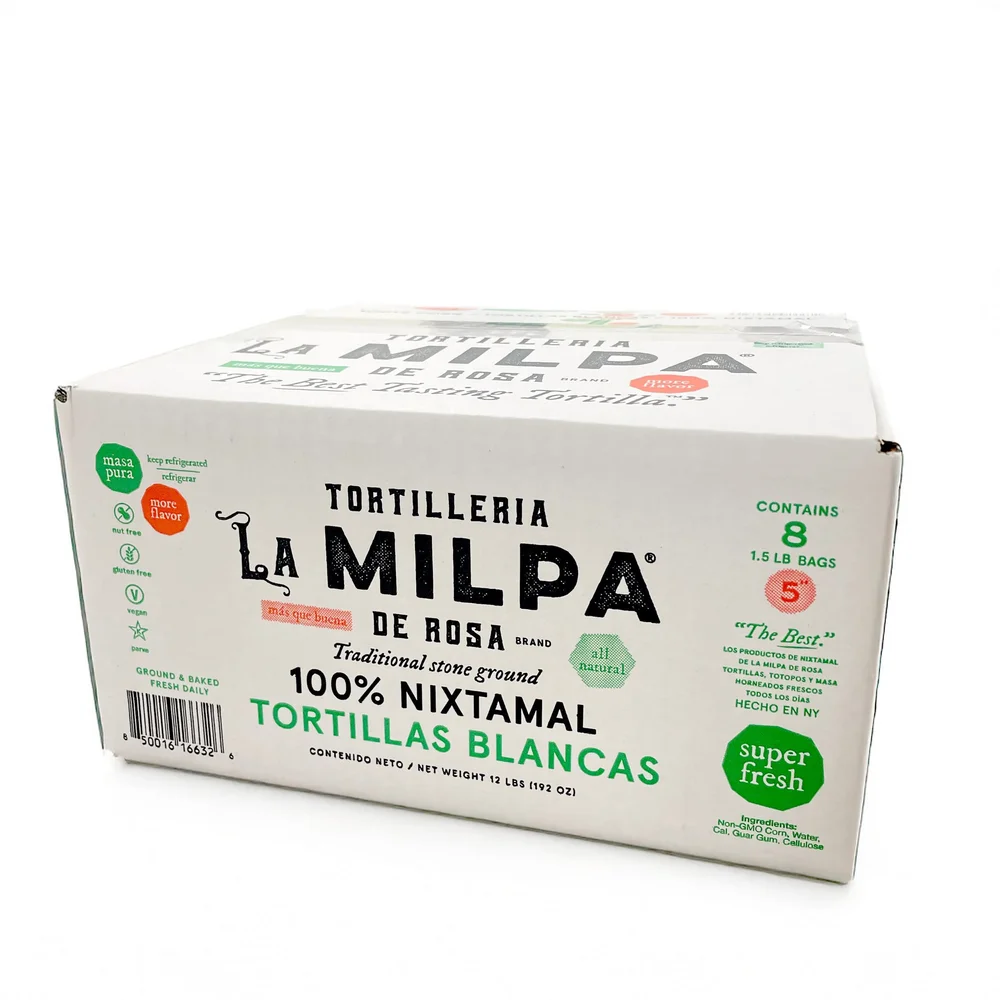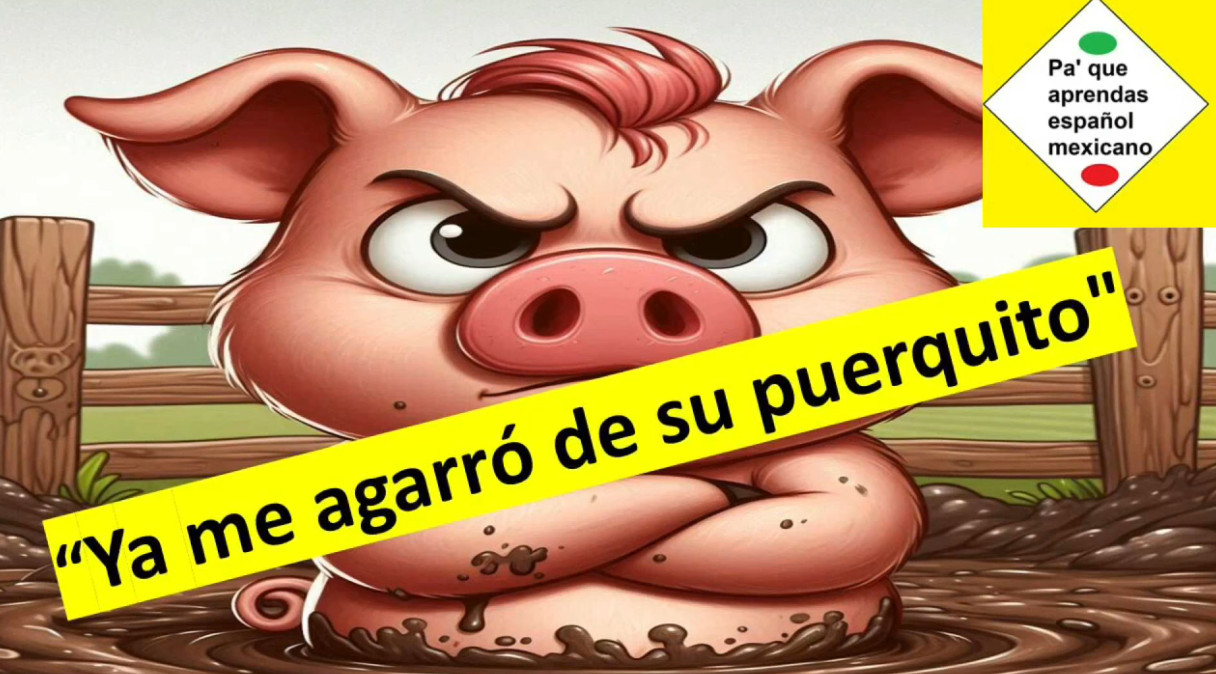Culture
Latest stories
More stories
-
263 Views
in Culture, Spanish, Table of Expressions, Translation, VocabularyHalloween and “La Noche de Brujas” — Spooky Words in Spanish
by
Admin updated
Halloween, or La Noche de Brujas in Spanish, is not originally from Latin America, but it’s now celebrated in many Spanish-speaking countries. Children dress up (se disfrazan), go from door to door asking for candy, and people decorate their homes with pumpkins and skeletons. In this post, you’ll find a big list of Halloween-related words […] More
-
50 Views
in Culture, Mexico, Table of Expressions, Translation, VideoThe Secret of Corn: Why Nixtamalization Saved Lives
by
Admin updated
Maíz or corn is central to Mexican history, culture, and daily food. But what many people do not know is that corn by itself does not give the human body much nutrition. If you eat plain corn — just boiled or ground without treatment — your body will absorb almost nothing. It will pass through […] More
-
53 Views
in Culture, Mexico, Spanish, Table of Expressions, TranslationCAMIÓN y CAMIONETA
by
Admin updated
In the Romance-speaking world, camión simply means a heavy truck. But if you are in Mexico City, the phrase “Voy en el camión” doesn’t mean you are driving a freight vehicle. It could mean you’re on a bus. It’s one of those unique Mexican usages that confuse native Spanish speakers from Spain or Argentina, and […] More
-
¡Con ganas!
by
Admin updated
Note: Gana in these examples is not the same as the verb ganar (to earn, to win, to gain) and its nouns ganancia, ganador, etc. When students first hear the word gana, they usually think it means desire or wish. But in reality, gana and its plural ganas appear in many different expressions, some very […] More
-
Híjole: the little Mexican exclamation that has many meanings
by
Admin updated
If you’ve listened to Mexican Spanish for a while, you’ve probably heard a short, breathy sound that comes out on surprise, irritation, admiration or mild defeat. That little word is híjole (sometimes written hijole, sometimes híjoles), and it’s one of those automatic expressions that people use without thinking. The Real Academia defines híjole as a […] More
-
263 Views
in Culture, Mexico, Spanish, VocabularyDiminutives for Food in Mexican Spanish
by
Admin updated
If you spend time in Mexico, you will hear diminutives everywhere — and food is one of the favorite places to find them. Un cafecito, unos huevitos, tómate tu lechita, un pastelito, unas tortillitas calientitas… these little endings do a lot of work. They sometimes mean size, but often they mean something else: friendliness, politeness, […] More
-
El Monte de Piedad
by
Admin updated
When Spanish learners hear the expression llevar algo al Monte de Piedad, it can sound poetic, even mysterious. Literally, it means “to take something to the Mount of Mercy,” but in everyday Spanish it simply refers to pawning an item. This expression has deep roots, going all the way back to Renaissance Italy and the […] More
-
60 Views
in Culture, Funny, Mexico, Spanish, Table of Expressions, Translation10 Spanish Expressions That Are Not Easy to Figure Out. Ya me agarraron de su puerquito.
by
Admin updated
Here is another batch of ten colloquial Spanish language expressions, their literal meaning, and their closest equivalent in English. Some are humorous, others are very informal, and a few can sound rude or pejorative — so learn them, but use them carefully or just recognize them when you hear them. Spanish Expression Literal Translation Natural […] More
-
217 Views
in Culture, Grammar, Spanish, TranslationThe Many Faces of “Pues”: One Tiny Word, So Many Meanings
by
Admin updated
If you have ever studied Spanish and thought you were starting to understand it, a little word like pues probably appeared and ruined your confidence. Dictionaries will tell you that pues means “since,” or “because,” or “then,” or “so,” and they are not wrong — but they are not fully right either. The truth is […] More
-
57 Views
in Culture, Mexico, Spanish, Table of ExpressionsSome Words Derived from Animal Names
by
Admin updated
Spanish speakers love to stretch meanings, and animal names are a favorite starting point. Over time, many animal words have spawned new meanings, tools, nicknames, or even insults. They often confuse students because they don’t refer to the actual animal anymore. These are the most obvious examples, but I am sure there are many […] More
-
33 Views
in Culture, Mexico, Spanish, Translation, VocabularyNotario Público vs. Notary Public: A World of Difference
by
Admin updated
Notario Público When Spanish-speaking students first come across the term Notario Público, they are often tempted to translate it directly as Notary Public. After all, the words look the same, and in both cases we are talking about someone who signs and stamps legal documents. But the truth is that the role of a Notario […] More
-
El Burro
by
Admin updated
In many Spanish-speaking countries, the word burro has many uses. It can mean donkey, it can mean a big burrito, or even a stubborn person. But in the school context, to ser burro / ser burra for female students, means something very specific: the least smart or the laziest student in the classroom. In other […] More
















